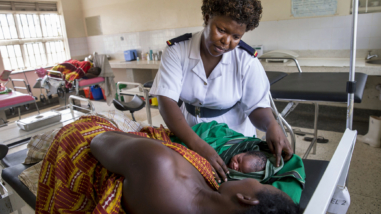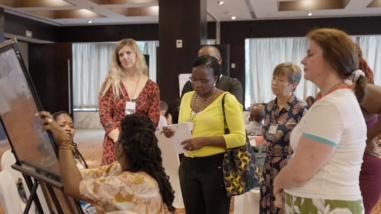Flowminder Foundation
For A Program To Support The Integration Of Mobile Network Data Into National Statistics In Ghana
-
Amount$350,000
-
Program
-
Date Awarded11/17/2017
-
Term24 Months
-
Type of SupportGeneral Support/Program
Strategies
About the Grantee
Grantee Website
web.flowminder.org


